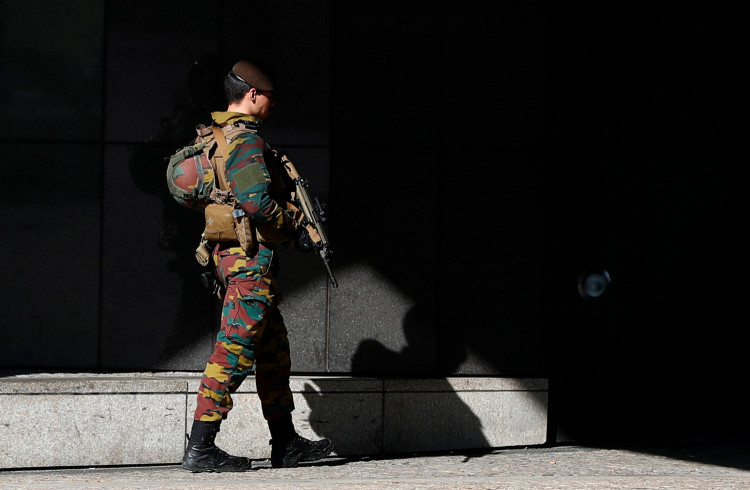The European Commission unveils its new economic plan dubbed as the Connectivity Strategy which seeks to link transportation and energy routes between Europe and Asia, a move which shares similar features with the Chinese government's flagship program, the Belt and Road Initiative (BRI).
In a joint communiqué from EU's foreign policy chief Federica Mogherini and Transport Commissioner Violeta Bulc, and as cited in a report by New Europe, Brussels' economic plan for the future include strengthening the connection shared between the two continents in terms of transportation, energy, digital, as well as in the research sector.
Released on Wednesday, Sept. 19, the Connectivity Strategy does have a close resemblance to President Xi Jinping's BRI or the Silk Road Economic Belt Initiative wherein the goal is to establish an intercontinental link that promotes trade and economic cooperation between countries in the Eurasian region.
Morgherini, in her statement, said that EU's strategy to implement this program is rather different from its Asian counterpart. According to the policy chief, Brussels will put the focus on the benefits of the citizens living in the connected group of countries. As such, EU's emphasis will be on sustainability and transparency of rules-based economic provisions.
EU's Infrastructure Plan
As detailed over at Reuters, EU's infrastructure plan will kick off with additional financing coming from the bloc's funding for 2021, as well as from private sector loans and development banks.
A 13-page document outlined Brussels' step-by-step implementation of the Connectivity Strategy but it didn't include details on how much EU will spend for it. Estimated figures indicate that it could reach as high as 300 billion in euros between the years 2021 and 2027.
Part of this fund is the Commission's proposed 60 billion euro which would act as a safety net for investors and developers in the event that the global-scale project will fail.
On Oct. 15, EU foreign ministers will vote for its ratification at a meeting that is set three days prior to a much-larger summit involving several leaders coming from Europe and Asian countries.
Mogherini clarified during a press briefing that this new project from Brussels is not necessarily a reaction nor a challenge to China's own.
China's Growing Influence
China's modern silk road infrastructure, on its part, has already been invested with hundreds of billions of dollars over the course of a few years since its implementation in 2013. Experts predict that the Xi Jinping government will likely to shell out trillions of dollars more per annum for the years to come.
This network of both land and sea covered a wide area connecting from Central Asia, Southeast Asia, Middle East, Africa, and even in Europe.






